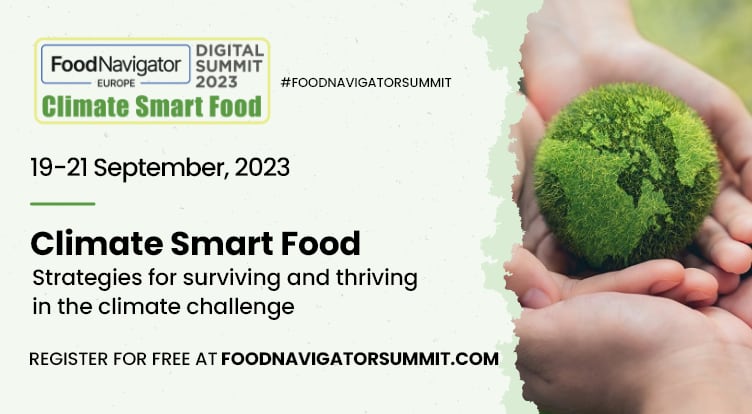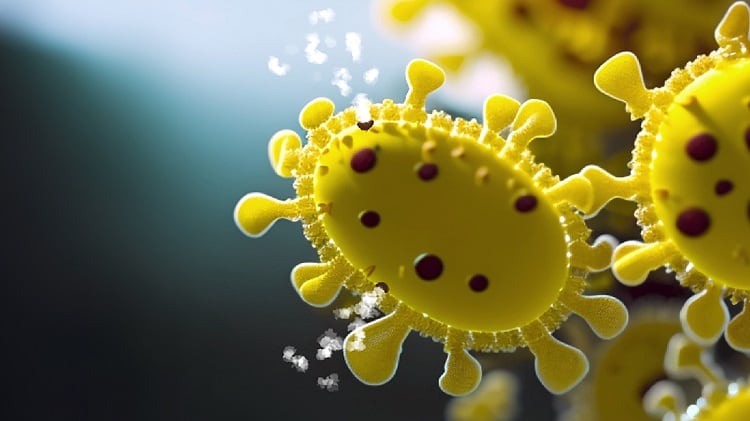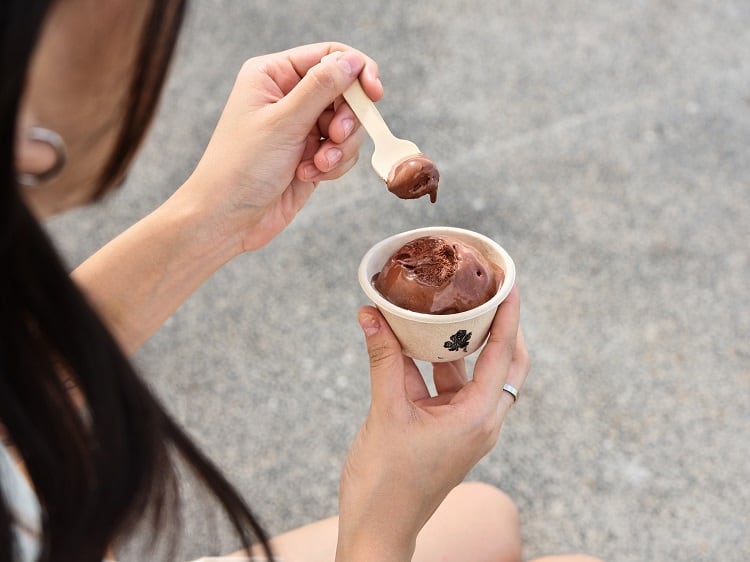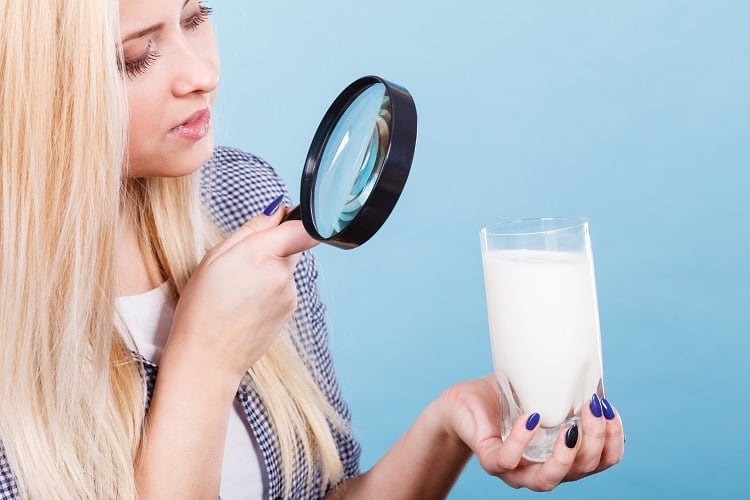From a pool of more than 440 proposals, a project targeting the development of dairy protein whey – without the cow – is one of 44 selected by the European Innovation Council (EIC) for investment.
Established under the EU Horizon Europe programme, the EIC is solely funded by the European Commission and aims to support ‘game changing’ innovations, including early-stage research to proof of concept.
Coined Hydrocow, the research proposal comes from a consortium led by ‘food from air’ innovator Solar Foods in Finland, with participation from the University of Groningen in the Netherlands, RWTH Aachen University in Germany, and Ginkgo Bioworks subsidiary FGen in Switzerland.
The objective is to make a scientific breakthrough. “Our goal is to engineer a microbe that converts carbon dioxide (CO2) and hydrogen, produced from water using electricity, into beta-lactoglobulin, a major constituent of milk,” explained project lead Solar Foods.
“In other words, Hydrocow aims to produce milk with CO2 and electricity, removing the cow from the process.”
Feeding microbes on hydrogen and carbon dioxide
Innovation in animal-free dairy has boomed in recent years, as pioneers investigate ways to produce more sustainable milk, cheese, and yoghurt substitutes.
Dairy is considered a CO2-intensive sector, with a 2020 study concluding that the combined emissions of 13 of the world’s largest dairy corporations emitted more greenhouse gases than ‘carbon majors’ BHB and ConocoPhillips, according to 2017 data.
Beginning with plant-based dairy alternatives, from soy to almond and oats (the latter which are earning their place in the growing pant-based ice cream sector), more recently animal-free innovation has moved out of the field and into the lab.
Precision fermentation is one technology enabling the production of dairy proteins without the cow. The technology enables the programming of microorganisms to produce complex organic molecules, with pioneers in the field including Perfect Day, Formo, and Standing Ovation. Another technology is cell cultured dairy, which start-up Pure Mammary Factors is leveraging to develop human milk, without the human.
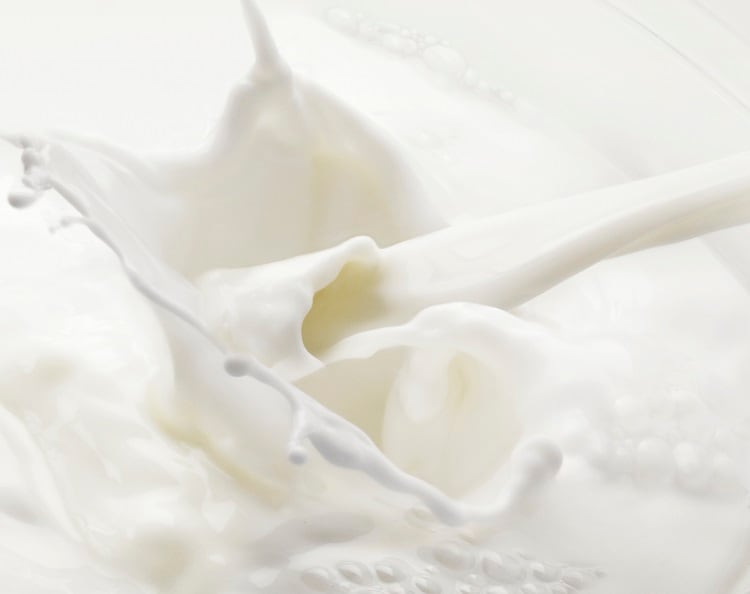
The consortium believes the Hydrocow project will be the first time dairy protein secretion is attempted with a hydrogen-oxidizing organism. But actually, the technology falls under the precision fermentation definition, explained project coordinator Dr Arttu Luukanen, who serves as SVP at Solar Foods.
“Traditionally, precision fermentation is done with heterotrophic microbes that feed on carbon derived from agriculture to produce the target proteins. Here we are using hydrogen (manufactured using electricity) and carbon dioxide to feed the microbe that converts these inputs into the target protein,” Dr Luukanen told FoodNavigator.
“This would allow us to produce protein products without agriculture.”
Bringing expertise to the project
Casein and whey protein are the major proteins of milk, with casein (made up of alpha- beta-, gamma-, and kappa-casein) accounting for around 80% of the total protein in bovine milk.
Whey protein accounts for about 20%, of which Beta-lactoglobulin is the dominant protein. This is the whey protein being targeted by the Hydrocow consortium, at least in the short-term. “Beta-lactoglobulin is a simple starting point for the project,” explained the project lead. “It makes sense to build and test the secretion with an easy target protein and then move into something more challenging like casein.”
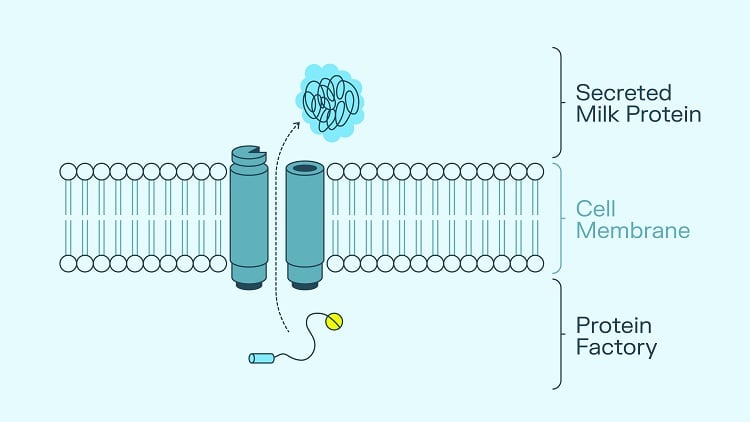
To achieve its goal, each consortium partner is bringing unique expertise.
Solar Foods is already working in agriculture-free food, having developed its novel microbial protein Solein from CO2, air, and electricity. The complete protein is produced using a bioprocess whereby microbes are fed with gases (carbon dioxide, hydrogen, and oxygen), and small amounts of nutrients. Solein officially launched onto the market in Singapore this year.
For the Hydrocow project, Solar Foods’ proprietary hydrogen-oxidising microbe forms the core of the project, by being at the centre of all research and development, explained Dr Luukanen.
The University of Groningen brings expertise in strain engineering and will be responsible for the modification of the microbe, while FGen has developed and owns an ultra-high throughput screening system that will be used to screen for the best modifications. RWTH Aachen University brings in knowledge in metabolic modelling and will work towards maximisation of protein production and data-based learning during the project.
“As the hydrogen-cultivation expert, Solar Foods will finally validate that the hydrogen and CO2 conversion to a secreted protein works efficiently,” we were told.
Next steps
The Hydrocow project has a total budget of €5.5m, with which it will develop a Design-Build-Test cycle, consisting of designing a comprehensive metabolic model for the hydrogen oxidising bacteria (HOB) at RWTH Aachen University.
The model-informed designs will be implemented at the University of Groningen by modern genetic modification techniques, aimed at incorporating the intra-cellular protein secretion mechanism to the HOB. The test phase will use FGen’s high speed screening platform, before selected trains are validated by Solar Foods. The downstream processing will then follow.
“Hydrocow could lead to the creation of truly ground-breaking technology for the food industry,” said Dr Luukanen. “We are grateful for the EIC funding that the fact they share our vision on this project. We have a highly skilled consortium and cannot wait to get started.”
Want to learn more about novel proteins, including precision fermentation dairy? Register here for our free-to-attend Climate Smart Food digital event 19-21 September.
